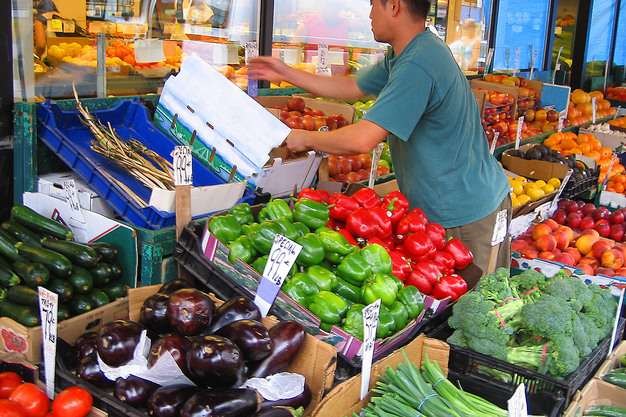China unveiled a comprehensive plan in early August 2024 to boost household consumption, highlighting the consumer industry's crucial role in economic recovery. As the property market struggles and exports wane, boosting consumer spending—especially on services—has become essential. This shift underscores the industry's potential to drive growth, as China looks to reduce its reliance on manufacturing and reinvigorate its economy, according to GlobalData, a data and analytics company.
 © Gvictoria | Dreamstime
© Gvictoria | Dreamstime
Neralla Rama Ravi Teja, Consumer Analyst at GlobalData, comments: "After stringent COVID-19 restrictions for three years, China's foodservice industry has been struggling, with many restaurant operators reporting losses. An uptick in household consumption will give a push to the consumer footfall at these outlets. As the property sector and exports struggle, the country's economic stability is dependent on increasing consumer spending and restoring consumers' confidence."
In April 2024, the World Bank predicted an economic slowdown in China, with its GDP growth decreasing from 5.2% in 2023 to 4.5% in 2024. Despite the lifting of COVID-19 restrictions in early 2023, domestic demand has remained sluggish, and business confidence has been low, leading to suppressed consumption. China has been going through a structural and cyclical slowdown.
To combat these challenges, China published 20 directives on its official website that provide guidance to local authorities and ministries to create a conducive atmosphere to accelerate household consumption growth.
GlobalData's "China PESTLE Insights – A Macroeconomic Outlook Report" reveals that China's property market, saw new home sales drop in Q1 2024. China's population dropped by 0.1% annually in 2023 and will decline by 0.2% in 2024. Exports too dropped annually in March, exacerbated by the ongoing trade tensions and new tariffs from the US.
Elyn Gao, Business Development Director, Greater China, adds: "As manufacturing struggles, China faces the urgent need to shift focus to its services sector, which has also underperformed, requiring increased consumer spending to revive the economy."
The foodservice industry has been suffering from the aftermath of the COVID-19 pandemic and inadequate economic growth. As many as 460,000 restaurants were closed in Q1 2024, according to China's National Bureau of Statistics.
Low-income consumers have been the worst hit and consumer footfall at on-premises outlets has declined drastically, forcing many establishments to close. To boost its services sector, China plans to improve the financial support for suitable small businesses in the sector from banks. Additionally, it aims to conduct more food-themed festivals and encourage foreign companies to establish their presence in the country.
Teja concludes: "With many major markets around the world going through recession fears, China's reliance on export growth alone will be insufficient to propel its economy, even if the US eases its punitive tariffs. The situation is likely to become worse with the escalation of the Middle Eastern conflict and the growing hostility between Taiwan and China."
For more information:
GlobalData
Tel: +91 40 6616 6809
pr@globaldata.com

